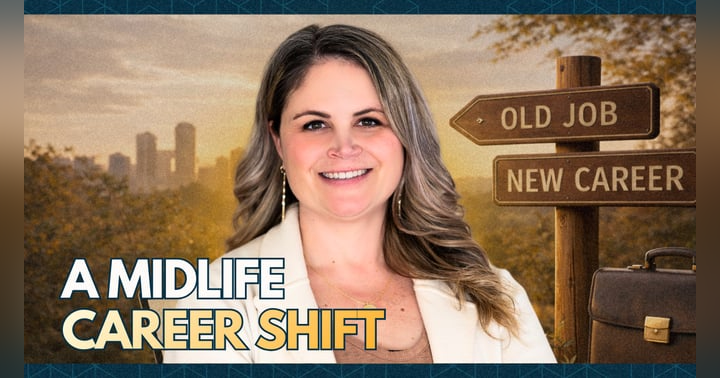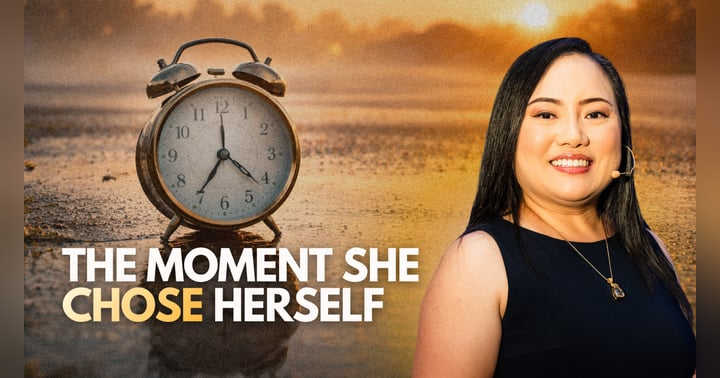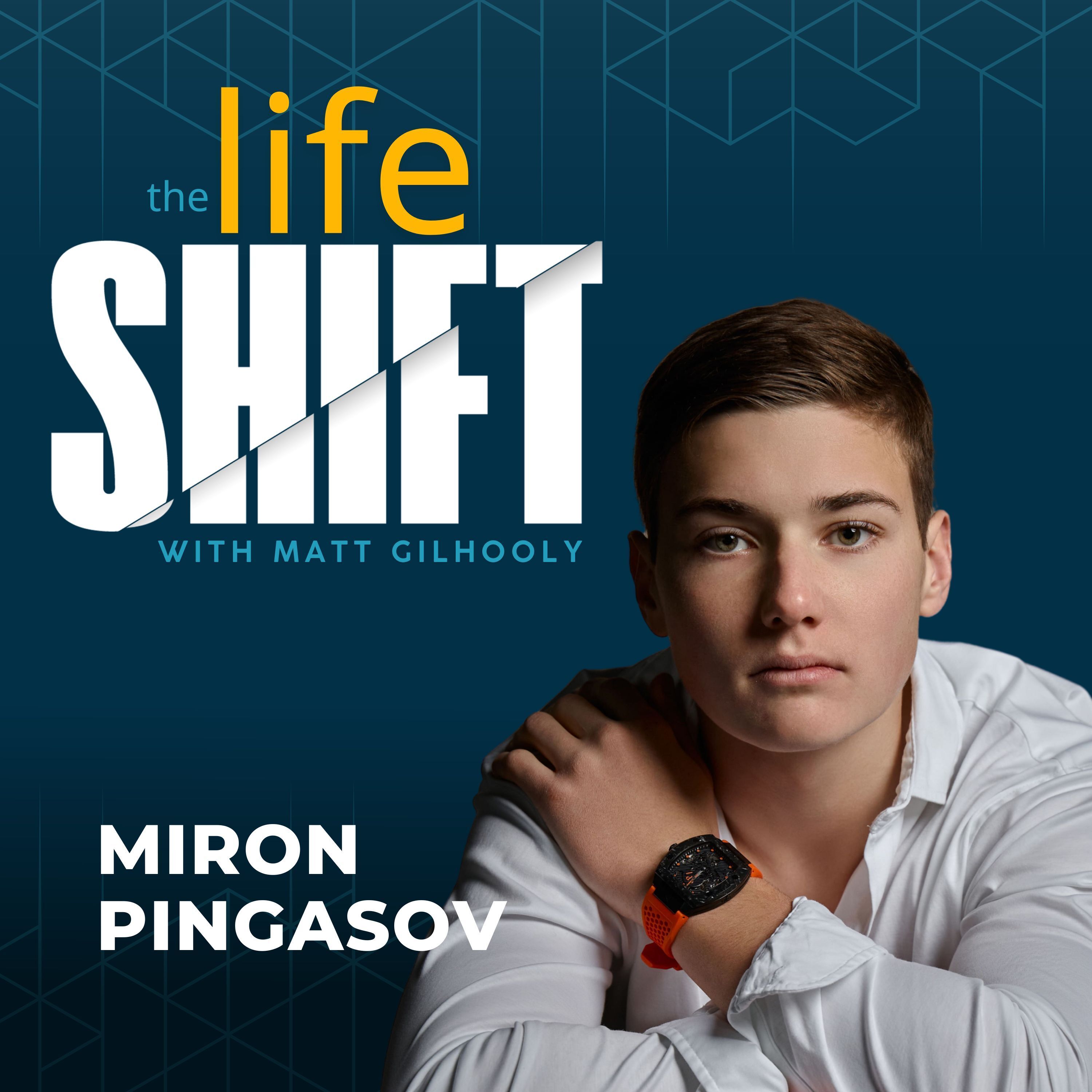Letting Go of the Dream: Why Miron Pingasov Walked Away from Racing at 17

When a Dream Doesn’t Fit Anymore
There’s this idea we all grow up with – that if we start something early enough and push hard enough, we’ll end up exactly where we’re supposed to be. But what happens when that place no longer feels right?
That’s where Miron Pingasov found himself at 17 years old. After more than a decade of racing – starting at age five – he’d reached speeds of 150 mph, trained for hours in a racing simulator in his bedroom, and lived a life most kids could only dream of. But when the sport he once loved started to feel more political than personal, and after the devastating loss of a teammate during a race that never should have happened, Miron made the decision to walk away.
Not many people choose to leave something that big. And definitely not that young.
The High Cost of Staying
Racing is thrilling, but it’s also dangerous. According to a report from the FIA (Fédération Internationale de l'Automobile), professional racing carries one of the highest injury rates in competitive sports. Drivers face extreme physical strain, risk of collisions at high speed, and immense pressure to perform. And when you start as young as Miron did, the emotional weight builds fast.
He talked about arriving home with broken collarbones. Watching friends crash. Carrying the unspoken fear that one day it might be him, or worse, the guilt that others might carry if it was.
But what struck me most wasn’t the physical danger. It was when Miron said this:
“I wasn’t afraid of getting hurt. I was afraid of what that would do to the people who love me.”
That’s the kind of shift that stops you in your tracks. The kind that pulls you out of autopilot and makes you ask if the cost is still worth it.
Rewriting the Definition of Success
When Miron left the racing world behind, it wasn’t because he had nothing left to give. It was because he realized he had more to give elsewhere.
Now, he’s a private pilot, a real estate developer, and a student studying aerospace engineering at Syracuse University. He’s building a life that isn’t driven by external validation or childhood expectations. Instead, he’s leaning into curiosity. Discipline. Focus. And maybe most importantly, a willingness to fail early so he can learn faster.
This mindset shift stuck with me. We don’t always talk about failure in this way. It’s usually something we try to avoid. But Miron sees it differently. He says the earlier we fail, the sooner we learn – and the sooner we succeed. That’s not just a quote for a vision board. That’s a way of living.
Permission to Choose Again
I think a lot of us need to hear this. You can spend years working toward something. You can pour your whole self into it. And you can still decide it’s not right anymore. That doesn’t make you a quitter. It makes you honest.
Miron didn’t wait until he was burnt out. He didn’t wait until he hit a wall. He paid attention to the small shifts. The subtle grief. The internal nudge that said this isn’t what it used to be.
And then – even when it meant disappointing people – he made the call.
That’s the part I keep thinking about. The bravery of choosing again.
You can hear more of Miron’s story on The Life Shift Podcast. We talk about identity, fear, family, and what happens when you finally let go of what’s expected and start listening to what’s true.
🎧 Listen here: www.thelifeshiftpodcast.com














